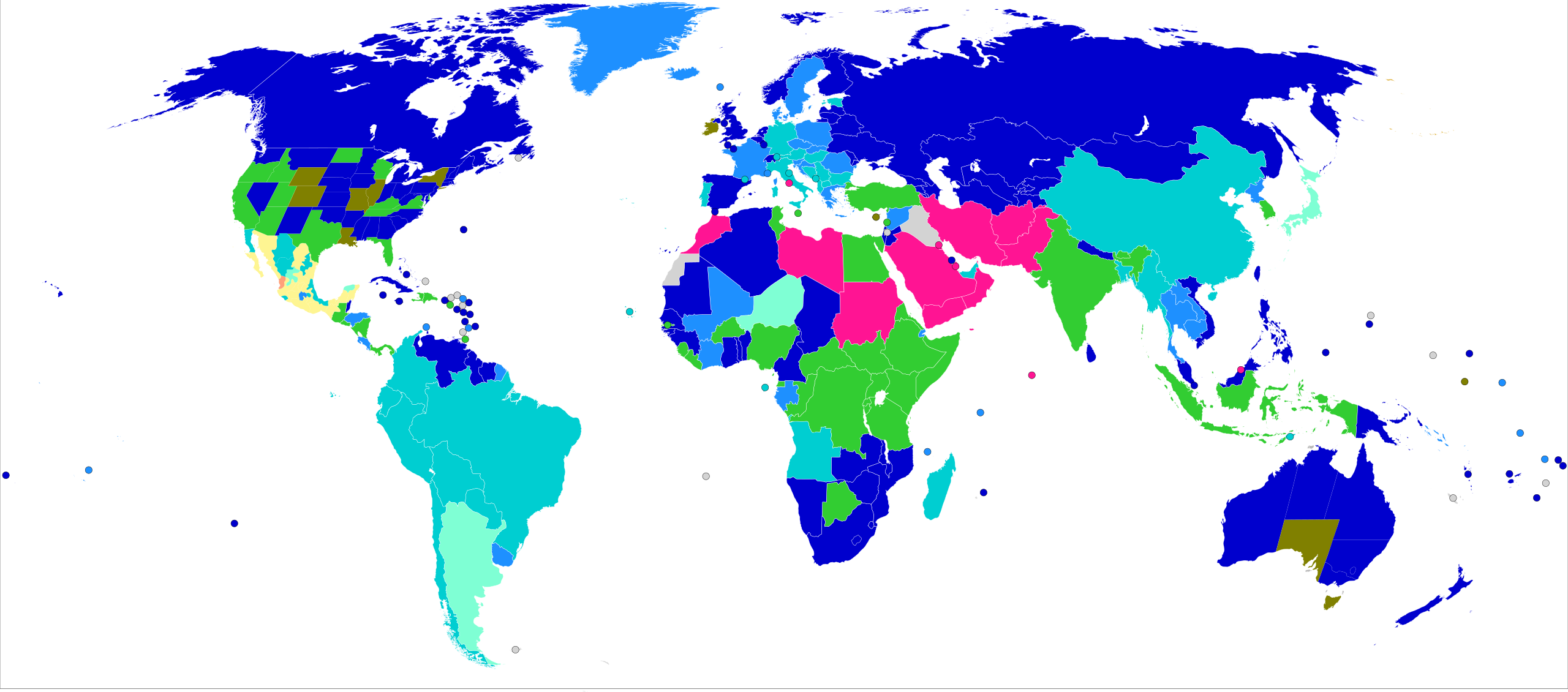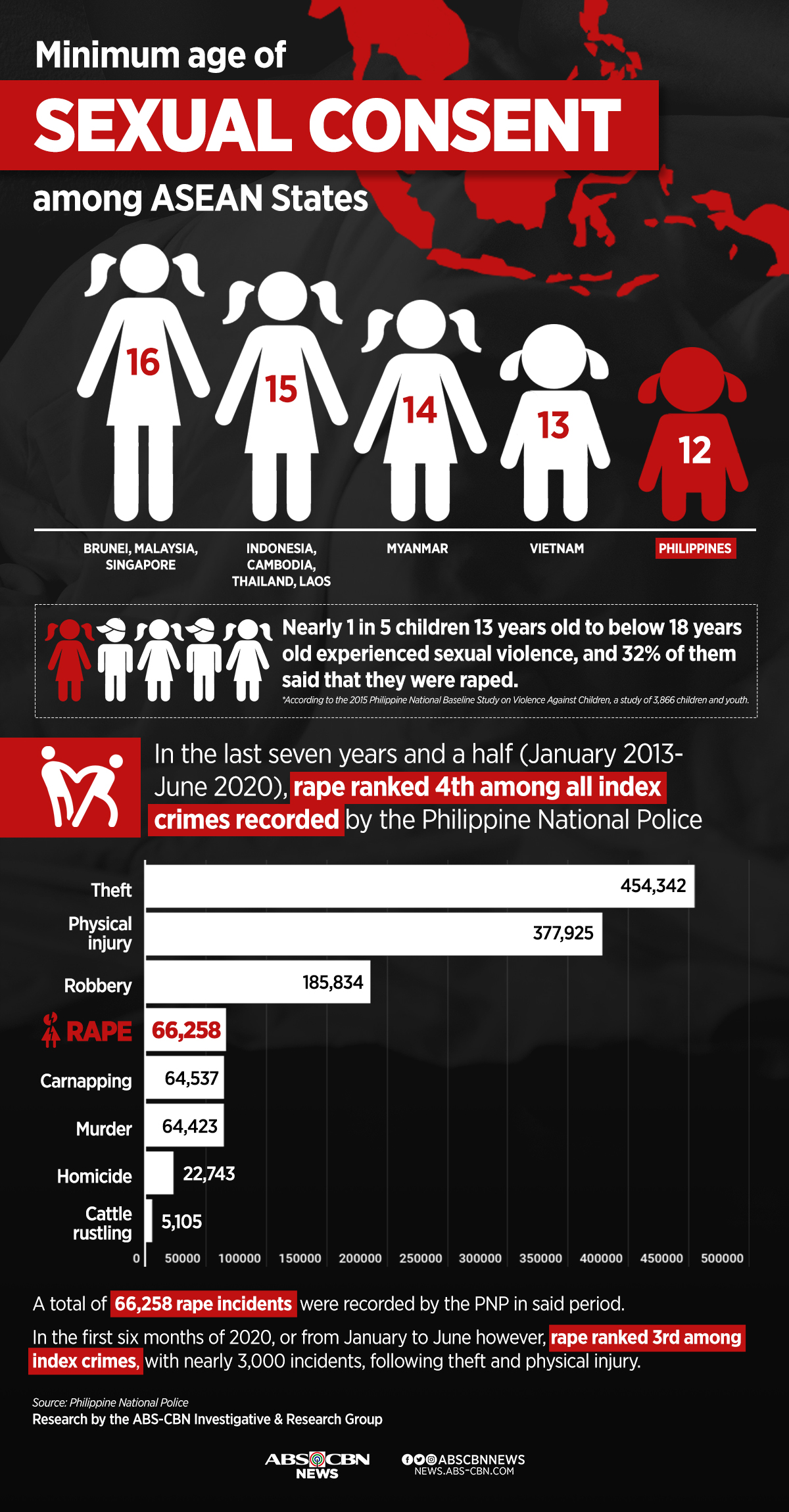The age of consent is a critical legal and social concept that defines the minimum age at which an individual is considered legally capable of consenting to sexual activities. In Russia, this topic has sparked debates and discussions due to its implications on legal frameworks, societal norms, and international comparisons. Understanding the nuances of this issue is essential for anyone seeking clarity on Russian laws or planning to navigate its legal system. With a focus on accuracy and depth, this article will explore the legal, cultural, and historical aspects of the age of consent in Russia.
The age of consent in Russia is currently set at 16 years old, as per the country's criminal code. This means that individuals aged 16 and above are legally allowed to engage in consensual sexual activities. However, it is crucial to note that regional variations and specific circumstances may affect how these laws are applied. For instance, certain actions involving minors aged 14 to 16 may be prosecuted under different legal provisions, depending on the nature of the relationship and other factors. The legal framework surrounding this issue is complex, making it important to delve deeper into its specifics.
While the age of consent in Russia may seem straightforward, it is intertwined with broader societal values, cultural norms, and international standards. Many people wonder how Russia's laws compare to those of other countries and what implications they have on human rights and personal freedoms. By examining these aspects, we can gain a comprehensive understanding of the topic and address common questions, such as what is the consent age in Russia and how it impacts individuals and society as a whole.
Read also:How To Download And Use Remoteiot Monitoring Ssh On Mac For Free
Table of Contents
- What is the Consent Age in Russia?
- Why is the Age of Consent Important?
- Historical Perspective on Russian Laws
- How Does Russia Compare to Other Countries?
- What Are the Penalties for Violations?
- Regional Differences in Russian Laws
- What Are the Social Implications?
- How Can Parents and Guardians Stay Informed?
- What Are the Legal Challenges?
- Frequently Asked Questions
What is the Consent Age in Russia?
The age of consent in Russia is defined as 16 years old, according to Article 134 of the Russian Criminal Code. This means that individuals who are 16 or older are legally permitted to engage in consensual sexual activities. However, there are exceptions and nuances to this rule. For example, if an adult engages in sexual activities with a minor aged 14 to 16, they may face criminal charges, depending on the circumstances. These exceptions often involve factors such as the age difference between the parties or the presence of coercion.
It is important to understand that the age of consent is not just a number; it reflects a broader legal and ethical framework. In Russia, this framework is influenced by cultural norms, religious beliefs, and historical precedents. The age of 16 was chosen to strike a balance between protecting minors and respecting their autonomy as they transition into adulthood. However, debates continue about whether this age is appropriate or if changes are needed to align with global standards.
Why is the Age of Consent Important?
The age of consent is a cornerstone of legal systems worldwide, as it serves to protect minors from exploitation and abuse. In Russia, setting the age of consent at 16 is intended to safeguard young individuals while allowing them to make informed decisions about their personal lives. This balance is crucial, as it ensures that minors are not subjected to undue pressure or manipulation by older individuals.
Understanding the importance of the age of consent also involves recognizing its role in shaping societal values. By establishing a clear legal boundary, Russia aims to promote healthy relationships and prevent harm. However, the effectiveness of these laws depends on enforcement, education, and public awareness. Many people still ask, what is the consent age in Russia, highlighting the need for ongoing dialogue and education.
Historical Perspective on Russian Laws
Russia's laws regarding the age of consent have evolved over time, reflecting changes in societal attitudes and governance. Historically, the age of consent was lower, but revisions were made to align with international standards and address concerns about child protection. These changes demonstrate the dynamic nature of legal systems and their responsiveness to social needs.
During the Soviet era, laws related to sexual conduct were often stricter, with an emphasis on moral and ideological conformity. After the dissolution of the Soviet Union, Russia adopted new legal frameworks that were influenced by both domestic and international factors. This historical context provides valuable insights into the current age of consent laws and their significance.
Read also:Discovering Lily Cates Biography Career And Influence
How Does Russia Compare to Other Countries?
When comparing Russia's age of consent to that of other countries, it is evident that there is significant variation worldwide. For instance, many European countries set the age of consent at 14 or 15, while others, like the United States, have a higher threshold of 16 or 18, depending on the state. This diversity highlights the challenges of establishing a universal standard and underscores the importance of cultural and legal contexts.
In Russia, the age of consent aligns with many neighboring countries, but discrepancies remain when compared to Western nations. These differences often lead to questions about the adequacy of Russia's laws and their alignment with global human rights standards. Understanding what is the consent age in Russia in this broader context is essential for fostering meaningful discussions about legal reform and international cooperation.
What Are the Penalties for Violations?
Violating Russia's age of consent laws can result in severe penalties, including imprisonment, fines, and mandatory registration as a sex offender. The severity of the punishment depends on the nature of the offense, such as the age difference between the parties or the presence of coercion. These penalties are designed to deter exploitation and protect minors from harm.
It is worth noting that enforcement of these laws can vary across regions, with some areas taking a stricter approach than others. This inconsistency raises questions about the effectiveness of the legal framework and the need for greater uniformity. By understanding the consequences of violating the age of consent, individuals can better appreciate the importance of adhering to these laws.
Regional Differences in Russian Laws
Russia's vast geographical expanse and diverse population contribute to regional variations in the application of age of consent laws. While the federal law sets the age of consent at 16, local authorities may interpret and enforce these laws differently. For example, some regions may impose stricter penalties or have additional regulations to address specific concerns.
These regional differences can create confusion and challenges for individuals navigating the legal system. It is essential to be aware of local laws and seek legal advice when necessary. By understanding how what is the consent age in Russia is applied in different regions, individuals can ensure compliance and avoid potential legal issues.
What Are the Social Implications?
The age of consent in Russia has significant social implications, influencing everything from education to family dynamics. By setting a clear legal boundary, the law aims to promote healthy relationships and protect minors from exploitation. However, societal attitudes and cultural norms also play a crucial role in shaping how these laws are perceived and enforced.
Public awareness campaigns and educational programs are essential for addressing misconceptions and fostering a better understanding of the age of consent. Many people still struggle to grasp what is the consent age in Russia and its broader implications. By engaging in open and honest discussions, society can work towards creating a safer and more informed environment for all individuals.
How Can Parents and Guardians Stay Informed?
Parents and guardians play a vital role in educating young individuals about the age of consent and its importance. By staying informed about the legal framework and societal norms, they can provide guidance and support to help their children make informed decisions. This involves understanding what is the consent age in Russia and discussing it openly with their families.
Resources such as government websites, educational materials, and community programs can provide valuable information for parents and guardians. Additionally, fostering open communication and trust within families is essential for addressing questions and concerns about this topic.
What Are the Legal Challenges?
Despite the clarity of Russia's age of consent laws, several legal challenges persist. These include inconsistencies in enforcement, regional variations, and the need for greater public awareness. Addressing these challenges requires a coordinated effort from lawmakers, law enforcement agencies, and community organizations.
One of the primary challenges is ensuring that the laws are applied fairly and consistently across all regions. This involves addressing disparities in penalties and enforcement practices. Additionally, there is a need for ongoing education and awareness campaigns to inform the public about what is the consent age in Russia and its implications.
Frequently Asked Questions
- What is the age of consent in Russia? The age of consent in Russia is 16 years old, as per the country's criminal code.
- Are there exceptions to the age of consent laws? Yes, certain actions involving minors aged 14 to 16 may be prosecuted under different legal provisions, depending on the circumstances.
- How does Russia's age of consent compare to other countries? Russia's age of consent aligns with many neighboring countries but differs from some Western nations with higher thresholds.
- What are the penalties for violating age of consent laws? Penalties can include imprisonment, fines, and mandatory registration as a sex offender.
In conclusion, understanding what is the consent age in Russia requires a comprehensive look at the legal, cultural, and social factors that shape this topic. By examining its historical context, regional variations, and broader implications, we can gain valuable insights into this critical issue. Whether you are a parent, educator, or simply someone seeking clarity, this guide aims to provide the information you need to navigate this complex subject with confidence.

